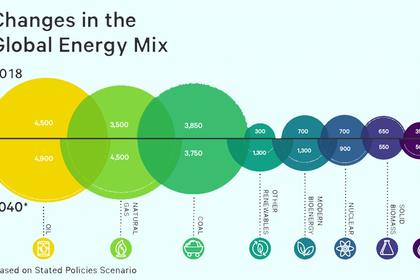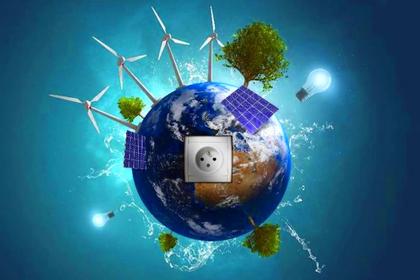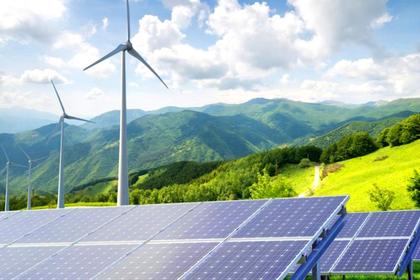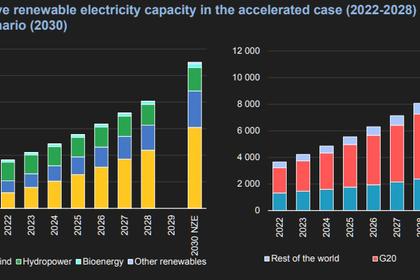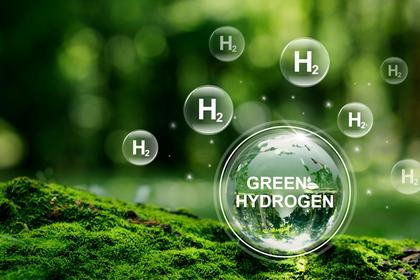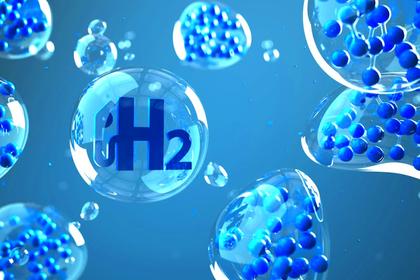
HYDROGEN ENERGY DIFFICULTIES
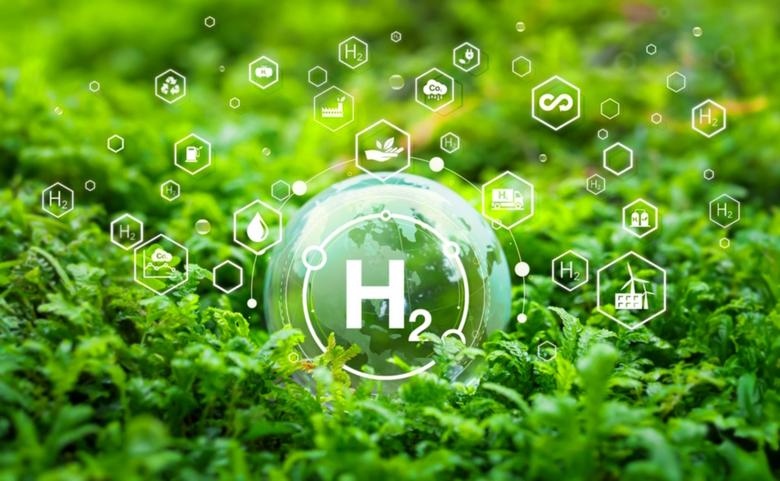
By Ujjal Ghosh, Ph.D Co-Founder and managing Partner, ORB Cleantech Inc
ENERGYCENTRAL - Sep 3, 2024 - Hydrogen, touted as the fuel of the future, presents significant opportunities for a sustainable energy economy. However, the journey from production to utilization involves substantial challenges in storage and transportation. These hurdles must be addressed to realize hydrogen's potential as a mainstream energy carrier, particularly in a country like India, where infrastructure development is pivotal.
Hydrogen Storage: Challenges and Innovations
1. Low Energy Density
Hydrogen's low volumetric energy density poses a significant challenge. Traditional storage methods, such as high-pressure tanks, require robust and often heavy containers, which limit their practicality. Advanced solutions like cryogenic storage and novel materials are being explored to mitigate this issue.
2. Material Compatibility
Hydrogen's small molecule size and reactivity can cause embrittlement in storage materials, compromising structural integrity. Research into advanced alloys and composite materials is ongoing to develop containers that resist hydrogen-induced degradation.
3. Compression and Liquefaction
Storing hydrogen requires either compression to high pressures or liquefaction at extremely low temperatures, both energy-intensive processes. Innovations in metal hydrides and liquid organic hydrogen carriers (LOHCs) are promising, offering safer and more efficient storage options.
4. Temperature Sensitivity
Maintaining hydrogen at appropriate temperatures for storage, especially in cryogenic conditions, requires sophisticated systems to handle the energy demands and safety concerns associated with extreme temperatures.
5. Cost of Storage Technologies
The high initial costs of developing and deploying advanced storage technologies hinder hydrogen's widespread adoption. Economies of scale and continuous technological improvements are essential to drive down these costs over time.
Hydrogen Transportation: Infrastructure and Safety Challenges
1. Infrastructure Development
Establishing a comprehensive hydrogen transportation infrastructure is challenging. Pipelines, storage facilities, and distribution networks need to be developed or upgraded to handle hydrogen safely and efficiently. India's current pipeline network, primarily operated by major players like Gas Authority of India Limited, requires significant enhancements to support hydrogen transportation.
2. Safety Concerns
Hydrogen's flammability and combustion characteristics necessitate stringent safety measures. Public acceptance and regulatory approval are crucial, as is the development of materials that can withstand hydrogen’s reactive nature.
3. Material Compatibility in Pipelines
Hydrogen can cause embrittlement in certain metals, leading to potential pipeline failures. Developing materials and coatings that resist hydrogen embrittlement is vital for safe and reliable hydrogen transport through pipelines.
4. Hydrogen Purity Requirements
High-purity hydrogen is essential for applications such as fuel cells. Ensuring purity during transportation involves additional purification steps, adding complexity and cost. Standardized protocols for hydrogen purity must be established and adhered to.
5. Economic Viability
Balancing the cost of infrastructure development with the need for safety and efficiency is a significant challenge. Despite its higher energy density and clean combustion, the economic feasibility of hydrogen transportation depends on reducing these costs.
Innovations and Solutions
1. Metal Hydrides and Advanced Materials
Metal hydrides like magnesium hydride offer high storage capacity and reversible hydrogen absorption. Advanced composite materials and nanostructured materials, such as graphene, enhance storage efficiency and safety.
2. Chemical Hydrogen Carriers
LOHCs provide a liquid form of hydrogen storage, simplifying transportation and handling. These carriers enable safe and reversible storage, with ongoing research focusing on optimizing reactors and catalysts for better efficiency.
3. Integrated Systems
Integrating hydrogen storage with fuel cells in a single system can reduce energy losses and enhance overall efficiency. Smart materials and sensors are being developed to monitor and control hydrogen storage systems, ensuring safety and performance.
Policy and Regulatory Framework
1. Government Initiatives
In India, government initiatives are crucial for promoting hydrogen infrastructure. The Ministry of New and Renewable Energy, along with other regulatory bodies, has proposed frameworks and draft standards for hydrogen and fuel cells. These include safety evaluations and the use of hydrogen-CNG blends as automotive fuel.
2. Production-Linked Incentives
A proposed production-linked incentive (PLI) scheme for electrolysers aims to boost hydrogen production in India. This scheme, along with incentives for hydrogen fuel cell vehicles, can drive technological advancements and reduce costs, making hydrogen a more viable energy option.
3. Collaborative Efforts
Collaborations between industry leaders, such as Indian Oil and NTPC Limited, and international partners like Greenstat Norway, are essential. These partnerships facilitate technology transfer, research, and the development of hydrogen infrastructure.
Conclusion
Hydrogen storage and transportation are at the forefront of the challenges facing the hydrogen economy. Overcoming these hurdles requires technological innovations, substantial investments in infrastructure, and supportive policy frameworks. By addressing these issues, hydrogen can play a pivotal role in transitioning to a sustainable and clean energy future.
-----
Earlier:
